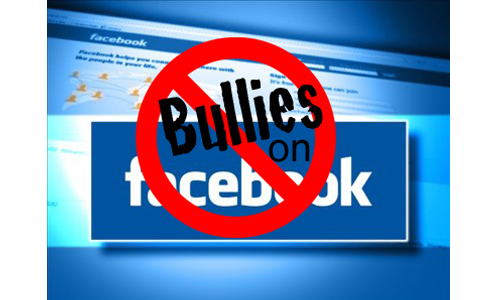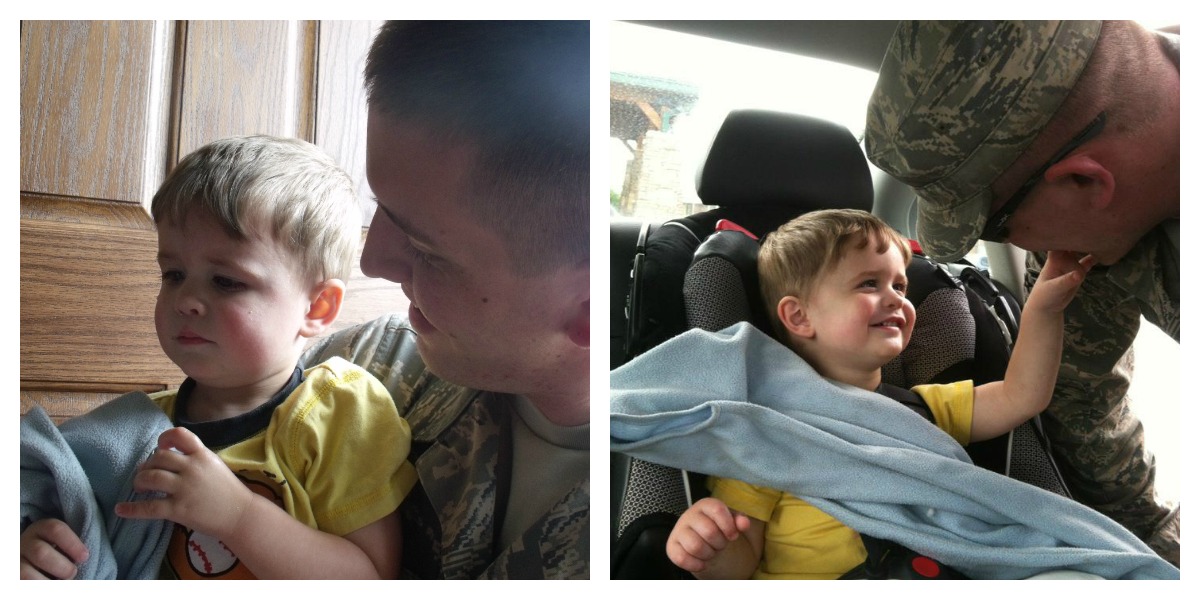Spotlight: A special thanks to Erin Raub and the SafeSoundFamily team for pulling together a weeks worth of great articles! The Web publishing team at Safe Sound Family consists of highly-skilled writers and editors who are passionate about and experts on family safety issues. Their team is dedicated to providing great advice and useful tips and information on home security and overall family safety topics. This week they included two articles from our parenting blog and we're excited about the posibitily of working with them in the future! Enjoy!
Tim Woda

Recent Posts
Blog Series: What Does Digital Parenting Mean to You?
As part of an on-going blog series that began last week, we have interviewed some internet safety experts, parenting experts and industry leaders and are pleased to present our findings. Our questions centered around 'digital parenting' and what people thought were the biggest issues regarding this subject.
Even an NFL Cheerleader Can Be The Victim of Cyberbullying
We were shocked and horrified to see that beautiful Kaitlyn Collins, a former Green Bay Packers cheerleader, was the victim of cruel and malicious bullying on Facebook when a picture of her was posted to an opposing teams fan page. If this can happen to an NFL cheerleader, someone seemingly immune to this behavior, think of how many regular children and teens this is happening to day in and day out. Tim Woda has created some tips that every parent should follow that will help prevent cyberbullying from devastating a child in their family.
-
Understand the technology that your child is using. Be familiar with all the functions of the sites your child is using including social networks, gaming systems, mobile phones, chat sites, etc. Some of these could have messaging or photo-sharing options that you might not even be aware of.
Digital Parenting--The Perils of "Sexting"
We know we have been blogging a lot about sexting lately, but it is a serious issue that we want all parents to be informed about. Here we discuss the perils associated with the sharing of nude or semi-nude photos, and tips to stop your child from making a big mistake from what they think is a seemingly innocuous action.
When it comes to digital parenting, then, is that this new and exciting technology is often difficult to keep up with. For example, what can we do about sexually explicit text messages, or "sexting?" How do we keep our kids safe?
First off, know the technology. It seems like kids will always know more about technology than their parents, but in this case the parents really need to do their homework. Know what safeguards are available for the child's phone, including the ability to turn off or block texting and sending pictures.
Next, it is vital to keep the lines of communication open. Talking to our kids is always good, but in this case, it's necessary.
-
Set up rules about what sort of information and pictures are appropriate.
Blog Series: What Does Digital Parenting Mean to You?
As part of an on-going blog series that begins today, we have interviewed some internet safety experts, parenting experts and industry leaders and are pleased to present our findings. Our questions centered around 'digital parenting' and what people thought were the biggest issues regarding this subject.
Is Your Child Ready for Their First Phone?
It seems like children are getting cell phones at younger and younger ages today. As a parent, you're probably asking yourself, "Is my child ready for their first phone?" While only you can answer that question for your child, there are a few things to keep in mind when making this all-important decision.
Guest Post: Digital Parenting and Responsible Technology
I am the mother of three little boys, ages six, four and ten months old. My two older children each have their own tablets, know how to unlock Daddy’s iPad, often ask me to text their friend’s mothers for a play date, and know how to Skype. It amazes me that children at such young ages are so proficient in technology, although I shouldn’t be that surprised since they are constantly surrounded by it, both at home and in school.
When I was their age, I was playing with Barbie Dolls, dressing up, and relying on the world of pretend to entertain myself. Kids are definitely growing up faster these days and it is really scary as a parent. I see eleven year olds with Facebook pages and I wonder, don’t these kids see each other at school everyday? Do they sit in the lunchroom and text each other even though they sit next to each other? Are we allowing technology to take over our children’s lives?
Digital Parenting, Facebook and the College Admissions Process
We’ve heard quite a bit about how Facebook is a forum for cyberbullying and how the mental health of teens can be affected by it. Added to this is the fact that there are sexual predators out there, looking to prey on children or teens through Facebook. These are issues that have received quite a bit of attention but there are other issues, not currently in the forefront, that can have an equal impact on a child’s life in the long run. It may not occur to your teen to consider these issues but you can help them out with some digital parenting.
One of these issues arises when teens are applying to schools. They may not realize it but admissions officials routinely check out applicants’ Facebook pages nowadays. If they don’t like what they see, it may prejudice them and cost the teen his/her admission to that school. So it’s necessary to consider the teen’s Facebook page as one of the components of the college application, just like the SATs, the academic recommendations and the application essay. In some ways, the Facebook page can even carry more weight because admissions officials feel that they are getting the uncensored version of the story. A student may be able to present himself/herself well in a college application but his/her Facebook page may tell a different story, especially if it goes back a few years.
Parental Monitoring in the Digital Age
The citizens of the 21st century must boldly address both the benefits and the drawbacks of rampant technology. While a first glance will yield the digital age's many advantageous capabilities for modern life, a deeper examination will uncover some of the more problematic circumstances that the technology likewise creates.
No demographic is more eager to embrace today's remarkable technology than children. They are quick to integrate both the technology and its applications into their lives, but this age group does not always possess the common sense that should accompany such significant usage; as a result, parental monitoring is an essential concern for all parents.
Is My Child Ready For Facebook? How You'll Know It's The Right Time
Guest Post: Why I love Zoodles
This Military Appreciation Month guest post comes from one of our favorite Military Mommy Bloggers, Lori, over at Air Force Wife Life. Check out her blog and read below about why she loves Zoodles, the kid-safe internet browser.
Why I love Zoodles
Currently I’m living overseas in the Middle East with my husband and our two extremely cute and extremely curious children. I’m writing this because I’d like to share with you a service that I recently stumbled upon. I’m so very glad that I did!
Online Gaming and Parental Monitoring
Today's parents are aware of the dangers of social networks like Facebook and are careful to establish a system for parental monitoring of their child's online activities. This may involve having the password to the child's social media accounts and even restricting activity to a family computer in a common area in the home. But that may not be enough to keep your kids safe.
Digital vs. Analog Parenting: Strangely Similar
Right now, we are living in the future, where many of us have social circles and professional interactions without ever leaving the house. The internet has enabled people to become more global and worldly, but there are still some kinks were are working out of this new social structure that we haven't fully been able to figure out.
With the world being at your fingertips and the wealth of knowledge right there whenever you need it, there are so many intellectual advances your child can make that you might never have imagined as a kid. With only a single generation separating the "space age" from the "information age" digital parenting is something we also need to consider. Because with the entire world at a glance, there are a lot of things out there that you, as a parent, have to decide if your child is ready for or not.
Snapchat and Sexting: Defined and Dethroned
With Snapchat making the headlines a lot the past few weeks, uKnowKids thought it would be very helpful to decode this app for you and show you exactly why using this app as a means to send nude or semi-nude pictures is a bad, bad idea. And why sharing intimate photos in general is never a good idea.
Snapchat is a unique app that lets users take and then send pictures to a contact with a self-destructing timer on them. When the timer runs out (1-10 seconds max), the picture is gone forever. Many tweens and teens think this feature provides security and are using this app as a means to send intimate pictures---
but this is a very, very bad idea. Download our infographic now to find out why.
Training Wheels For Facebook: Being a Digital Parent
Parents know that there are certain things we have to teach our children to handle responsibly before we set them free. Most children progress from tricycle to training wheels to big kid bike under parental supervision. It’s only after they’ve learned to ride safely, wear a helmet, and obey the rules of the road that we set them free to ride around the neighborhood. Getting that first driver’s license is an important rite of passage for most teens, but few parents would hand over the car keys to a brand new driver and allow him or her to hit Route 66 for a cross-country road trip. New freedoms are first exercised within boundaries. Cars and bicycles are one thing, but what about teaching your child to navigate social media? Do you have Facebook training wheels?
Let’s just assume for the moment that your child is at least 13 and not one of the 7.5 million Facebook users under the age of 13. There are good reasons for your child to use Facebook and other forms of social media. Here’s the big one: in today’s world, this is how adults communicate. We teach our children how to answer the phone, eat with good table manners, and speak to adults politely. We need to teach them how to appropriately navigate social media as well. Facebook’s user controls don’t always make that easy, however. One out of five adult users don’t utilize Facebook’s privacy settings. Does your child? If you child was one of the one million minors who experienced abuse, threats, or harassment last year, would he or she know how to handle it? Would you know that it had happened?
Parental Intelligence for Social Media
Parents are often ignorant about some of the dangers that stem from social media. Although many children and teenagers view social media as a fun place to connect with friends, it can be very dangerous depending on what they are doing online. Here are some Parental Intelligence issues that you should think about as your child uses social media websites.
- Think about the future
Social media accounts are not private, even if you select private settings for the accounts. Someone can also find a way to gain access to them. Although your children are still underage, a potential employer or even college may decide to view their social media account.
A Holiday Story From TrendingMom: The Christmas Jerk
This is an original post from one of our favorite bloggers, Shivani Cotter of TrendingMom.com. You can read this article, and many more, here.
Some people really are just jerks… either that, or they have no concept of reality.
Christmas seems to bring out the best and worst in people. What we tend to forget as we grow older is that it is truly a magical time for the little one’s in this world. I read something disturbing tonight.
How To Spy on Our Kids: 3 Steps for Parental Monitoring
The title might turn you off, but don't be offended. Spying on your kids is not always a negative and can be thought of as something that needs to be done to ensure their health and well-being. Spy the proper way by following the steps outlined below.
How To Deal With A Facebook Cyberbully
It is simply not acceptible to have to put up with a Facebook cyberbully. When someone is behaving in this manner they are causing problems that no one should have to deal with when they are just trying to enjoy their social media experience. As such, it is important to know the proper steps to take to deal with a bully should the need ever arise.
The first thing to do is to add all of the privacy settings that you can to try to prevent this kind of thing from happening again. It will also help to cease any harassment that you are currently experiencing. This wikihow article explains how to go about doing this:
Guest Blog Post: Helping Young Children Through Deployment
We are pleased to share with you our very first guest blog post for Military Appreciation Month! This post on helping young children through deployment is by Kathryn from Singing Through the Rain. Check her blog out!
Helping Young Children Through Deployment
I’ve had a lot of people ask me how I helped my son, Adam through my husband’s first deployment. As I thought about it, I realized my answer is going to change as he grows older and as we go through more deployments. And that’s ok! Because my son was pretty young when my husband left for his first deployment, my answers may vary from someone who has a 5 year old or an 8 year old.
My son was 16 months old when my husband left. He also has specials needs so it was hard for me to tell how much it really bothered him or how much he noticed that his daddy was gone. I am sure he noticed, but for me I didn’t see much of a change after he left. I think 16 months is still kind of young to really understand what’s going on, but that doesn’t mean I didn’t do anything to help him remember his daddy. There were still a lot of things I did to keep Adam involved in the deployment process and to help him keep in touch with daddy while he was away.



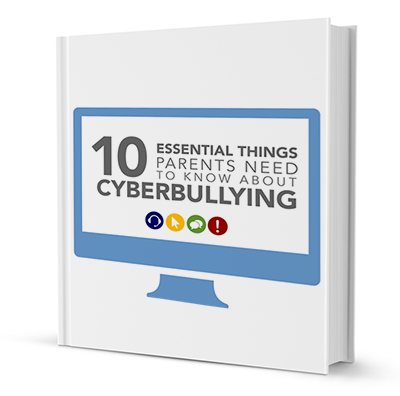


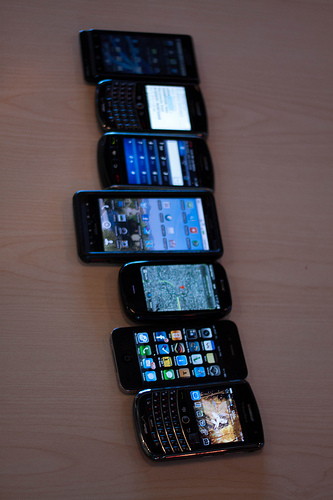



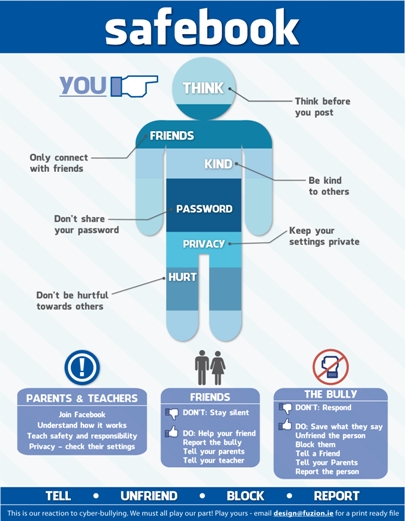
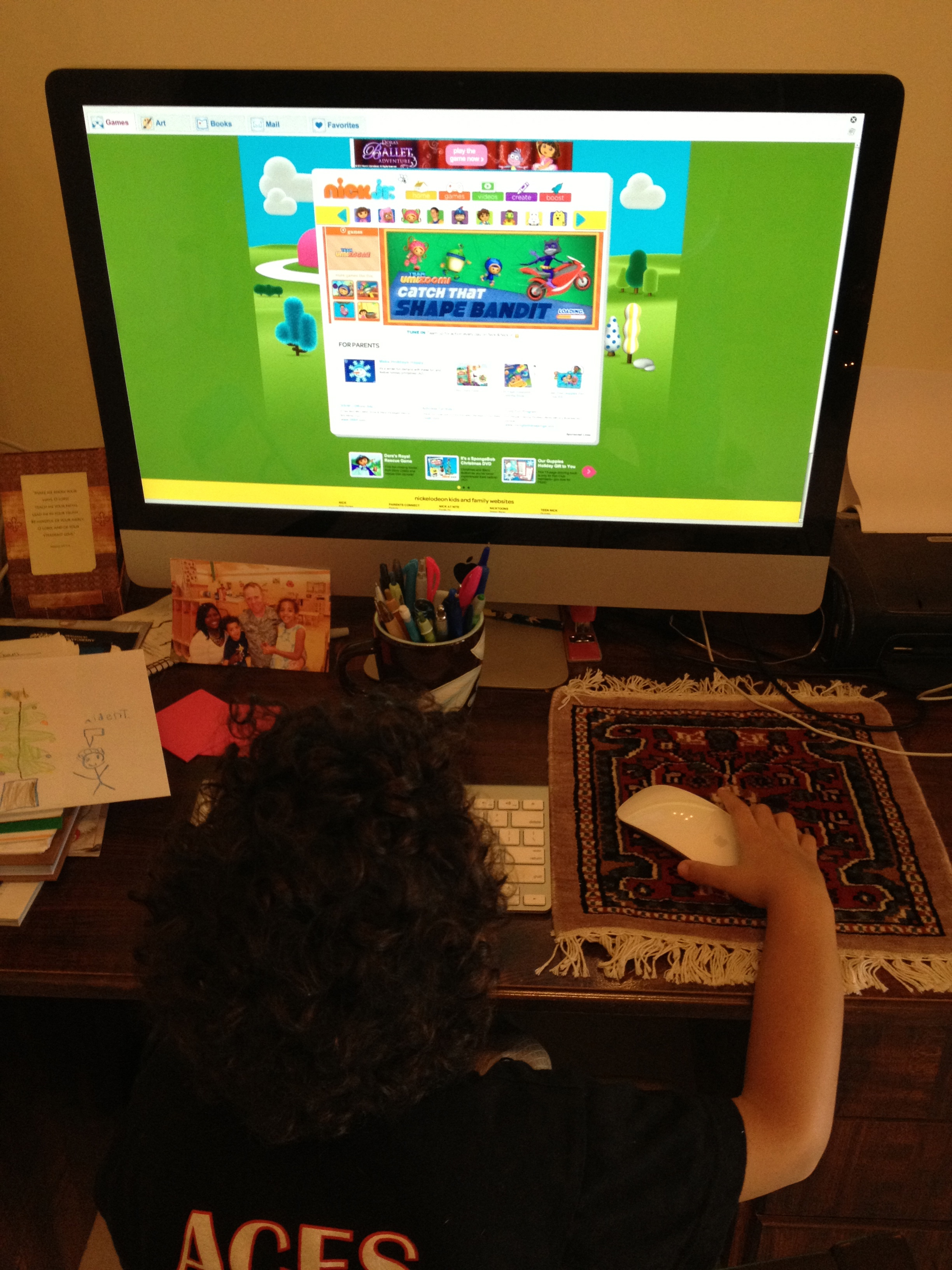


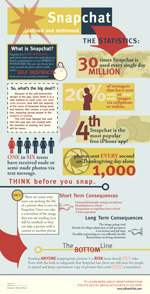.jpg)




